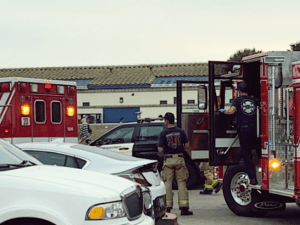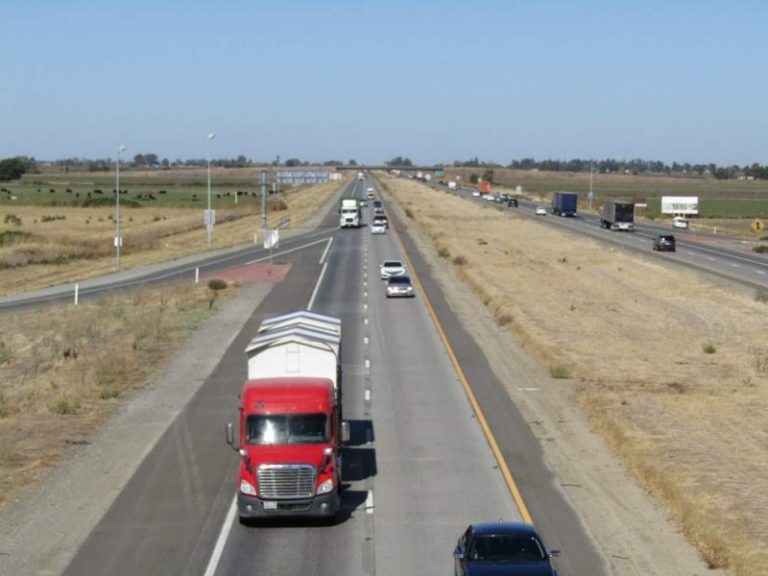Why Eyewitness Testimonies Aren’t Perfect
Eyewitnesses are commonly regarded as objective proof that a crime or car crash happened a certain way, and indeed, do hold serious weight in any investigation. However, these testimonies aren’t infallible and memories can be flawed even shortly after witnessing an event. Knowing what can influence an eyewitness account is essential, regardless of whether you’re a witness yourself, or if you were directly involved in a crash and have to contend with multiple people vouching for or against you.
Memories Are Often Faulty
The notion of memories being “clearly burned into one’s mind,” or otherwise being so visceral, clear, and memorable that the eyewitness can deliver their account with absolute confidence, is, unfortunately, a misguided one. Even when interviewed shortly after an event, studies on misinformation and faulty memories show that witnesses frequently fill in gaps in their memory with false information based on their personal biases and situational context. Many people overestimate timeframes, subconsciously fabricate stories, and struggle to correctly classify unclear memories as either faulty information or poorly recollected truth.
Eyewitness Accounts Can Be Manipulated
The account a witness gives is subject to change and manipulation all the way until words leave their mouth, including while an interviewer asks their questions. Simple word choice can influence someone’s likelihood to exaggerate or make false claims, meaning that even well-meaning questioners could inadvertently manipulate an eyewitness’s answer, to say nothing of how a dishonest interviewer could corrupt the truth. For example, describing a collision in more severe terms, such as by asking “did you see the cars slam into each other?” instead of “did you see the collision?” can result in the witness skewing their recollection towards a more violent retelling of the story. Even seemingly innocent word choice, like using “a” rather than “the” when referring to specific objects, can skew a testimony.
 Before even talking to the police, simple conversations with other witnesses can alter testimonies further. Witnesses who converse with one another oftentimes change one another’s stories, introducing inconsistencies or biases that most people subconsciously conform to, while convincing some to discard accurate memories of their own if they don’t align with everyone else’s story.
Before even talking to the police, simple conversations with other witnesses can alter testimonies further. Witnesses who converse with one another oftentimes change one another’s stories, introducing inconsistencies or biases that most people subconsciously conform to, while convincing some to discard accurate memories of their own if they don’t align with everyone else’s story.
Faulty Testimonies in Arizona Accidents
Although interviewing and testimony verification processes are improving, thousands of people a year are wrongly convicted due to incorrect testimonies. In any auto accident case, even those where fault isn’t exclusively assigned based on an eyewitness account, insurance adjusters and the opposition’s lawyers will eagerly use faulty testimonies to minimize your claim and shift more blame on to you.
If you’ve been wrongly accused of causing or aggravating a crash due to a mistaken eyewitness, seeking the help of an experienced auto accident attorney is essential. You’ll have more of a burden of proof shifted on to you, which a lawyer can shoulder in turn, leveraging their network and legal pressure to secure better evidence, faster, while giving you peace of mind and time to focus on other affairs. If you’re worried about a false eyewitness account after an Arizona accident, contact us at (623) 321-0566 to schedule your free consultation and take the first step to prove your innocence.
Law News Feed
All NewsWho Is Liable for Damages After a Truck Accident?
According to information from the National Highway Traffic Safety Association, more than 2,500 truck accidents occur each year in Arizona. It goes without sayin…
Common Injuries After a Motorcycle Accident
Motorcycle accidents kill or severely injure individuals more frequently than any other type of crash, resulting in immense amounts of suffering and financial d…

